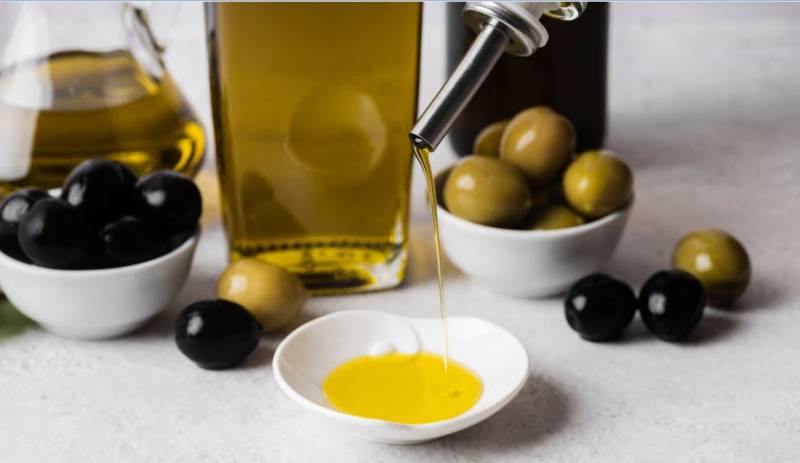Date Published: 17/07/2025
Olive oil prices crash by 46 per cent but not all Spanish food costs are cooling down
Spain's ‘liquid gold’ has fallen 48% from its peak as grocery inflation drops to more manageable levels
It's a welcome relief for consumers in Spain who've been dealing with sky-high grocery bills since the inflationary crisis kicked off in 2021. Food prices went absolutely crazy back then, soaring by 16.6% in February 2023, the highest year-on-year increase since records began in January 1994. Your weekly shop suddenly cost a fortune and olive oil was one of the worst offenders.
Fast forward to today and the picture looks much brighter. The latest Consumer Price Index data from the National Statistics Institute shows food and non-alcoholic beverages rising by just 2.8% in June, compared to the overall inflation rate of 2.3%.
The government is pretty pleased with how things are going, emphasising that "Spain continues to enjoy stable and moderate prices."
They're particularly keen to highlight the olive oil success story and there are good reasons behind the price drop. Better olive harvests have helped supply catch up with demand, while
the government's VAT cuts have made a real difference to what you pay at the checkout.
The Spanish government slashed VAT to 0% between July and September 2024, up from the 5% rate that had been in place since 2023. In October, it crept back up to 2%, then rose to 4% at the start of 2025. Before all these emergency measures, olive oil was taxed at the standard reduced rate of 10%.
Olive oil isn't the only thing getting cheaper. Sugar has dropped by 19.3% over the past year, while yogurt is down 3.1%, cereal-based products have fallen 2.1% and pizza and quiche are 1.8% cheaper. Even sauces and condiments have dropped by 1.6%.
But it's not all good news in the grocery aisles. Most foods have actually become more expensive and some of the increases are pretty steep. Chocolate lovers are feeling the pinch with prices up 21.6%, while coffee has jumped 19.8%. Both products are struggling with poor harvests in producing countries, increased demand from new markets like China and ongoing supply chain headaches.
Other notable price increases include other edible oils, which are up 18.7%, eggs at 18% more expensive and beef costing 14.5% more than last year. Cocoa and chocolate powder have risen 13.1%, fresh fruit is up 12.6% and sheep and goat meat has increased by 12.2%.
These changes come after Spanish consumers saw their shopping basket prices rise by up to 35.5% over the last three years, according to the latest report from the Organisation of Consumers and Users. That's a massive hit to household budgets, so any price relief is genuinely welcome news.
Of course, the experts will tell you that in a healthy economy, prices should rise moderately by around 2% each year. When prices fall too much across the board, it can actually signal economic weakness rather than good news.
But for now, families in Spain are probably just grateful that filling up their olive oil bottle won't break the bank anymore.
Image: Freepik
article_detail

|












